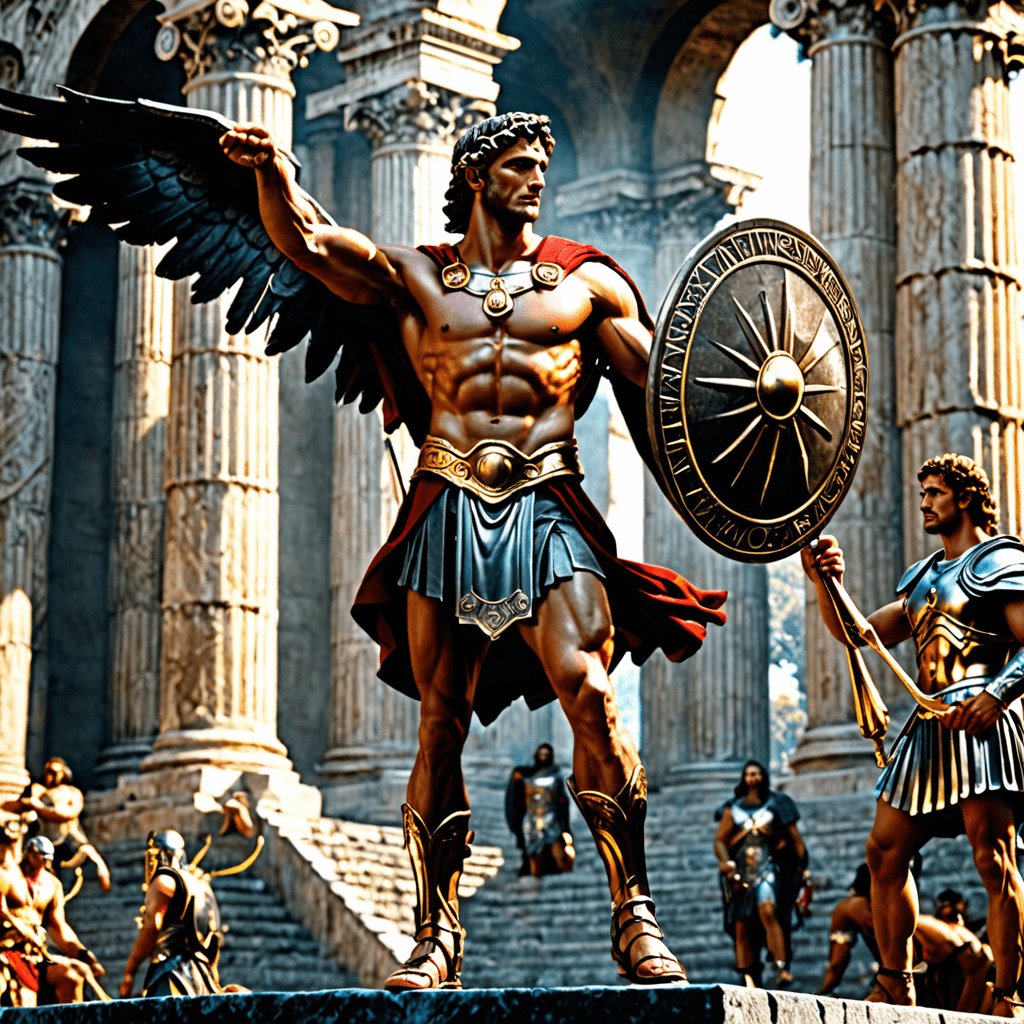Exploring the Concept of Honor and Sacrifice in Roman Mythology
The Importance of Honor in Roman Mythology
In Roman mythology, honor held a central role in shaping the lives and actions of both mortals and gods. It was believed that honor represented one’s reputation, integrity, and excellence. The Romans upheld a strong sense of honor, often placing it above personal gain or even life itself. Acts of bravery, loyalty, and resilience were glorified, showcasing how honor was deeply interconnected with one’s identity and how they were perceived by society. Honor was not just a virtue but a fundamental aspect of Roman culture and mythology.
The Practice of Sacrifice in Roman Mythology
Sacrifice played a significant role in Roman mythology as a way to honor the gods and seek their favor. The Romans believed that offering gifts or animals to the gods demonstrated respect, gratitude, and loyalty. Sacrificial rituals were conducted in temples or during religious festivals, with different offerings made for various deities. The act of sacrifice was seen as a way to maintain a harmonious relationship with the divine and ensure prosperity and protection for the community.
Mythological Tales of Honor and Sacrifice
In Roman mythology, numerous stories exemplify the themes of honor and sacrifice. One of the most well-known tales is that of the Trojan War, where figures like Aeneas and Hector displayed immense bravery and loyalty, upholding the values of honor amidst the chaos of battle. The story of Romulus and Remus, the legendary founders of Rome, also showcases themes of sacrifice, as their mother, Rhea Silvia, sacrificed her own happiness for the future greatness of her sons and the city they would establish.
Impact of Honor and Sacrifice on Roman Society
The concepts of honor and sacrifice in Roman mythology had a profound impact on society. They influenced various aspects of Roman life, including government, warfare, and religious practices. The ideals of honor and sacrifice shaped the Roman identity, shaping how individuals viewed themselves and their place in the world. By studying these concepts in mythology, we gain insight into the values and beliefs that guided the behavior of the ancient Romans, offering a deeper understanding of their civilization and legacy.

FAQs About Honor and Sacrifice in Roman Mythology
What is the significance of honor in Roman mythology?
In Roman mythology, honor was highly valued and often linked to concepts of duty, loyalty, and reputation. Individuals were expected to uphold their honor through virtuous actions and deeds, honoring their family, community, and gods.
How does sacrifice feature in Roman mythology?
Sacrifice played a crucial role in Roman mythology as a way to show respect and gratitude to the gods. Romans believed that offering sacrifices, whether animal or symbolic, demonstrated piety and devotion, seeking divine favor and protection in return.
What are some examples of honor and sacrifice in Roman myths?
One prominent example is the legend of Aeneas, who sacrificed his personal desires for the greater good of fulfilling his destiny as the founder of Rome. Additionally, the story of the Vestal Virgins highlights the honor and sacrifice these priestesses displayed in their commitment to keeping the sacred flames burning in the temples.
How do honor and sacrifice impact the narratives of Roman deities?
Roman deities themselves were often depicted as embodying principles of honor and sacrifice. For example, Jupiter, the king of the gods, was revered for his sense of justice and upholding oaths, while Ceres, the goddess of agriculture, was honored through rituals and offerings to ensure bountiful



